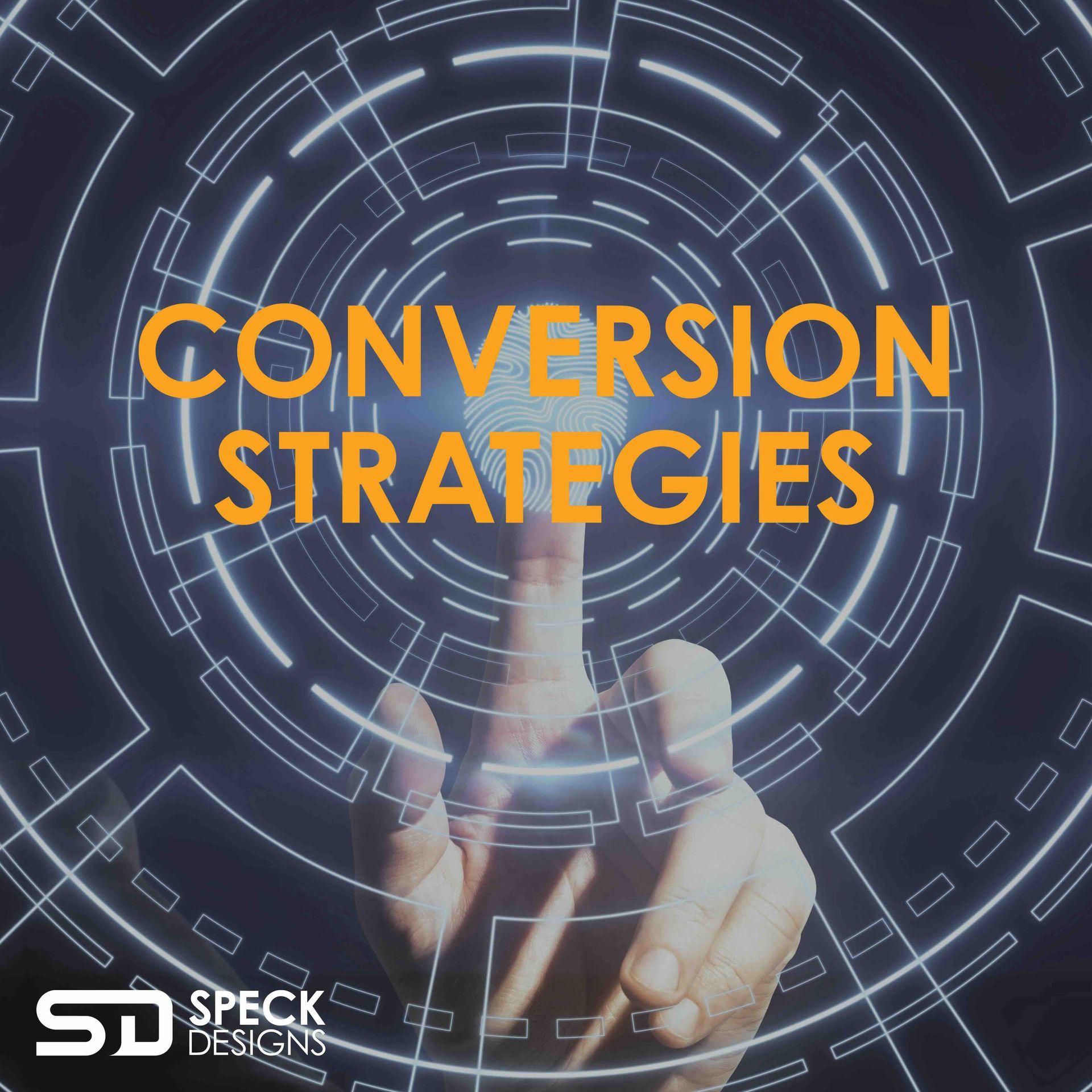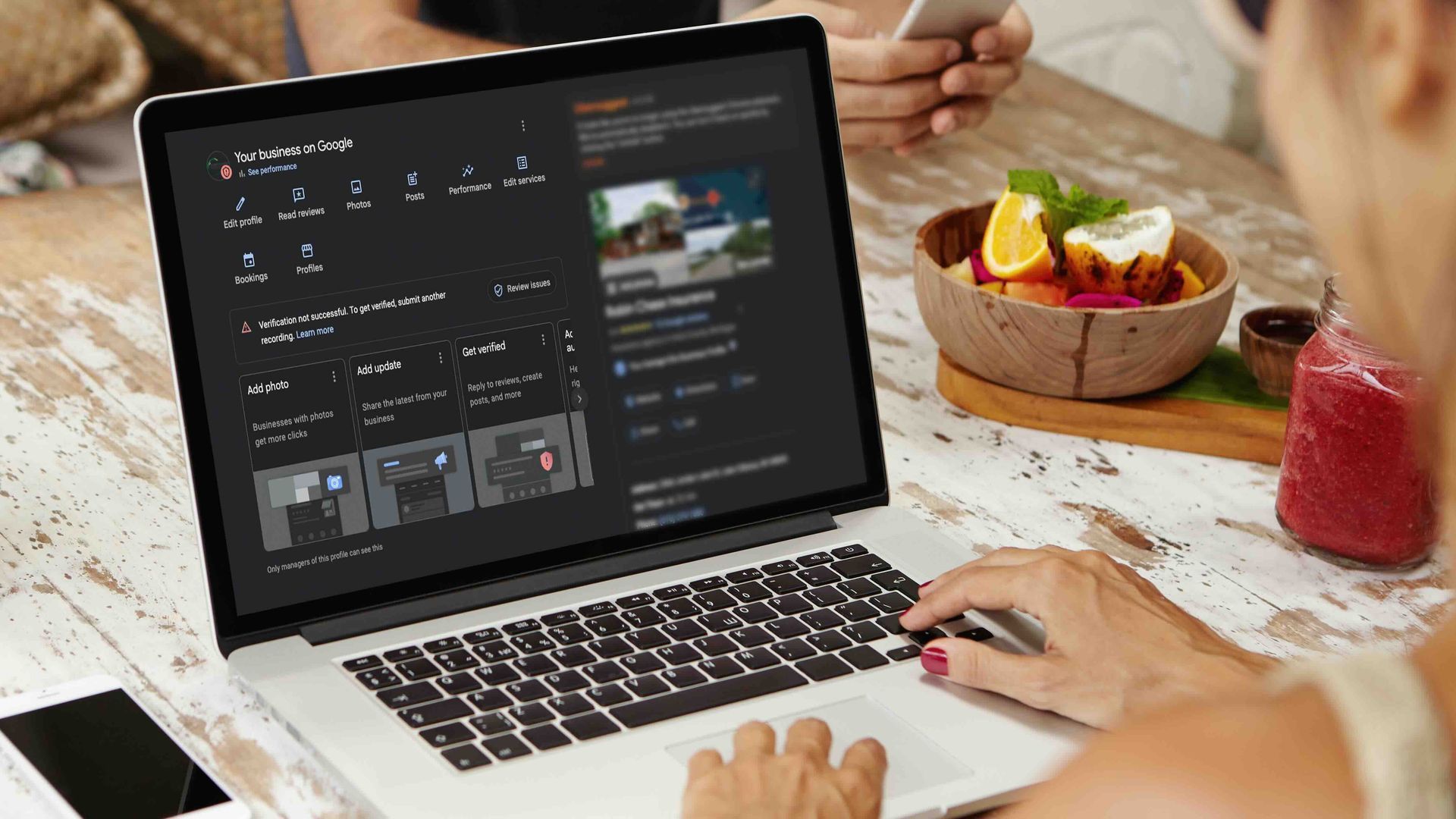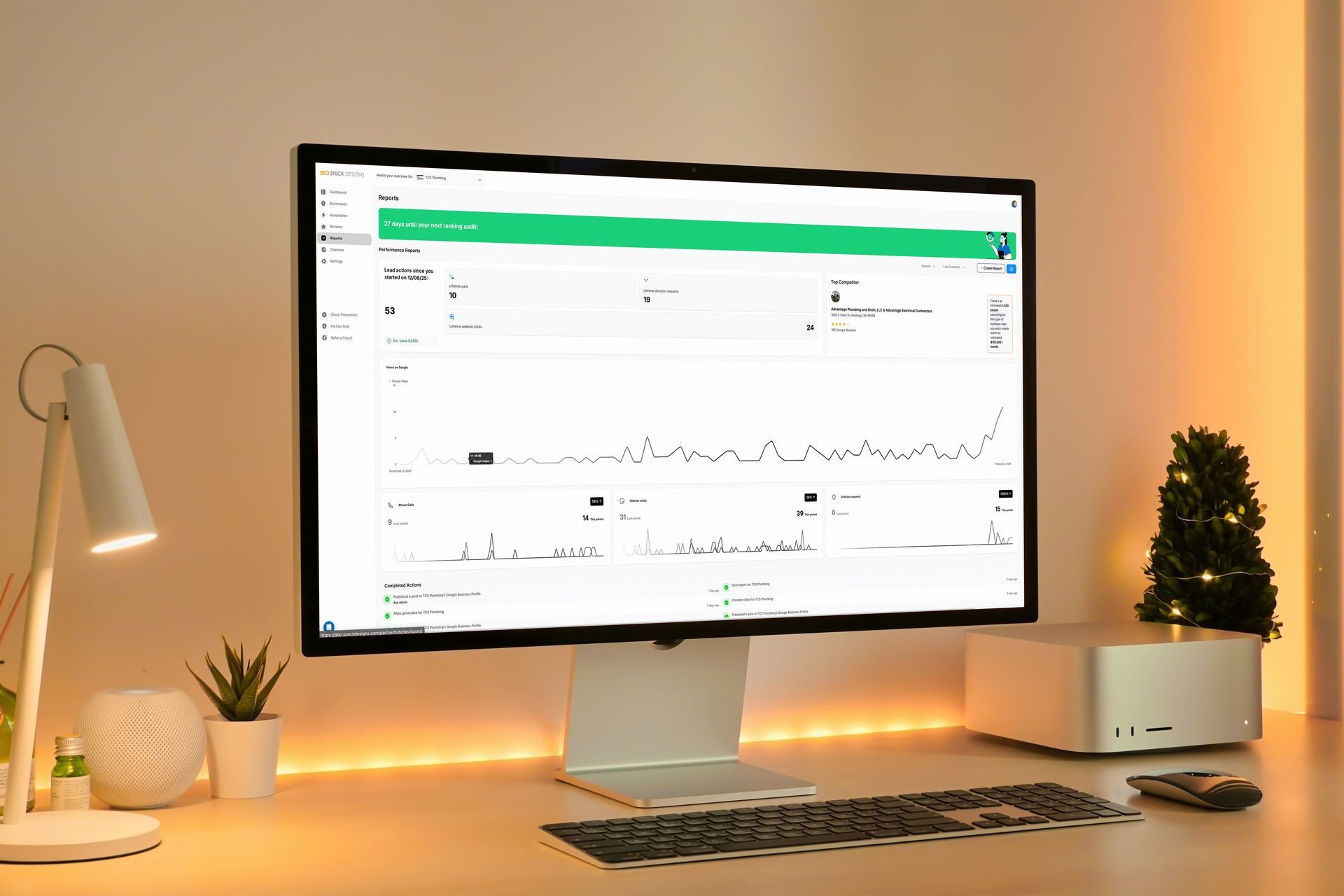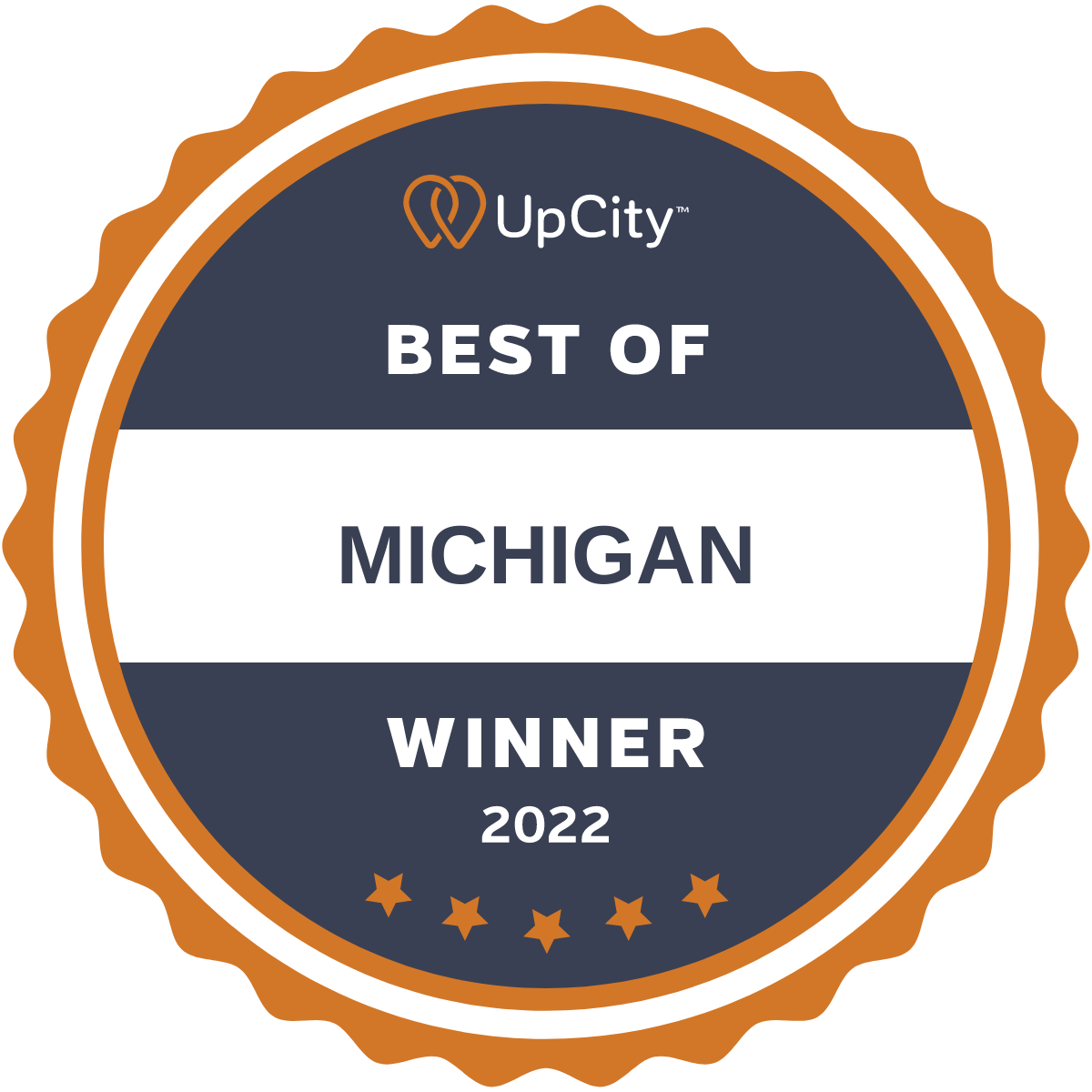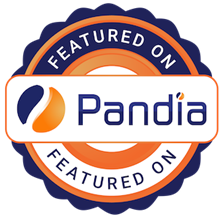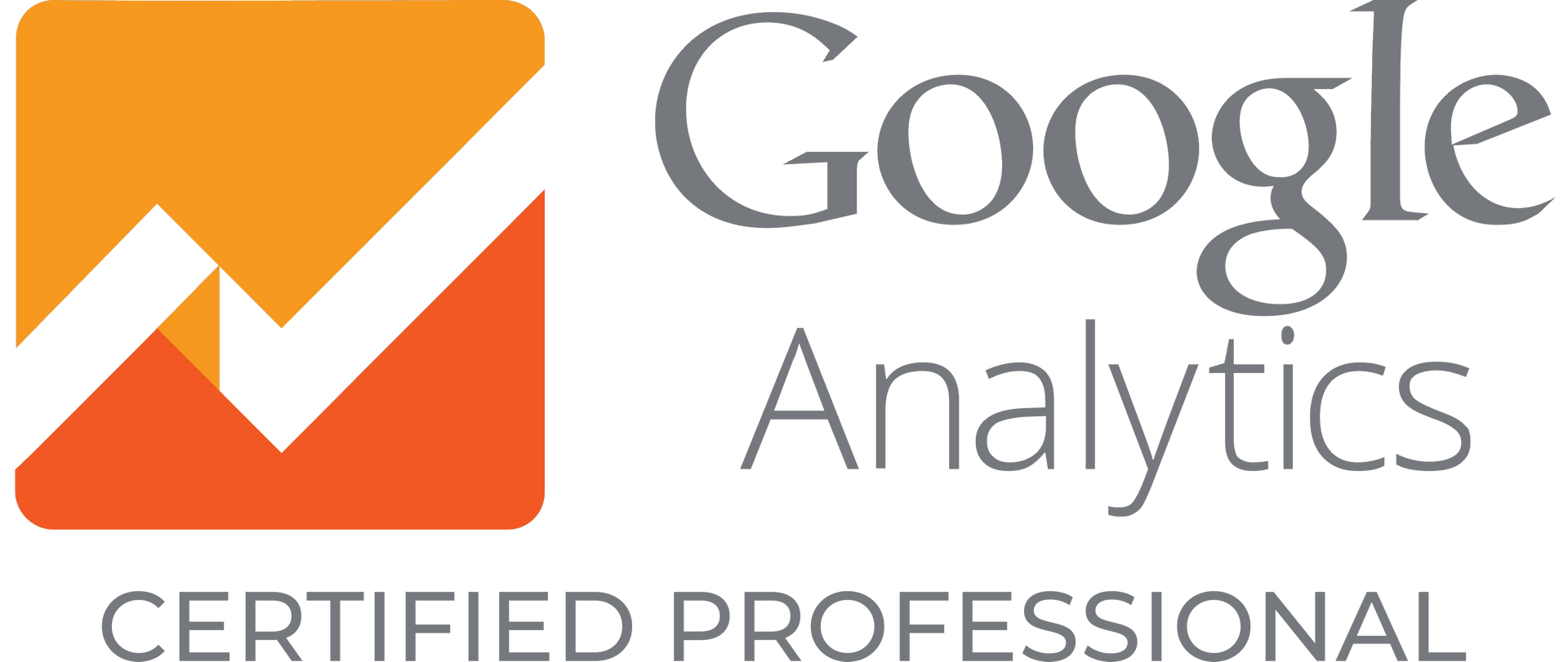12 Ways to Start Increasing Your Conversion Rate
What is a conversion? At the core of a website's purpose is the attainment of conversions, which represent a user's completion of a specific action deemed valuable by the business. These actions range from purchasing to submitting information through a lead generation form. Every element of a business website is meticulously crafted to drive conversions, marking the culmination of a successful user journey.
📲 Do you need an expert resource for website design and increasing conversions and sales this year? Schedule a Call with Speck Designs. 📞
Within the realm of conversions, a nuanced distinction exists between micro-conversions and macro-conversions. Micro-conversions denote the incremental steps users take toward the goal, whether it be subscribing to a newsletter, downloading an ebook, or engaging with product videos. These micro-conversions serve as pivotal interactions that precede the achievement of a macro-conversion, symbolizing the user's progression through the sales funnel.
Conversely, macro-conversions signify the realization of the end goal—the significant actions that encapsulate the ultimate purpose of the website. This could encompass a successful sale, the acquisition of a new paid subscriber, or completing a comprehensive contact form. Macro-conversions epitomize the culmination of the user's journey, highlighting the website's efficacy in driving tangible business outcomes.
Understanding and optimizing the conversion process is integral for businesses seeking to enhance their online presence and drive meaningful outcomes. By dissecting the journey into micro and macro-conversions, businesses can strategically refine their website's design, content, and user experience to guide visitors seamlessly toward the goal. Monitoring and adjusting the conversion rate ensures a dynamic and responsive approach to evolving user behaviors and market trends.
How to Increase Your Conversion Rate?
Creating an effective online presence goes beyond just having a website; it requires a meticulous understanding of user behavior and the strategic implementation of elements that drive conversions.
Below, we'll explore expert strategies for studying, analyzing, and enhancing your website's conversions, ensuring that your business attracts visitors and successfully turns them into valuable customers.
1. Localize Your Content
Tailoring your content to resonate with local audiences is a powerful strategy for improving conversions. Consider your target audience's demographics, cultural nuances, and preferences in specific regions. Localizing content, such as using region-specific language or featuring local testimonials, enhances relatability and fosters a connection with potential customers.
2. Enhance the Purchasing Process
Streamlining the purchasing process is crucial for reducing friction and encouraging conversions. Optimize your website's navigation to guide users seamlessly from product discovery to checkout. Simplify the checkout process, minimize form fields, and offer guest checkout options. A hassle-free purchasing experience increases the likelihood of users completing transactions.
3. Know and Meet Audience Expectations
Understanding your audience's expectations is fundamental to designing a website that resonates with them. Conduct surveys, analyze customer feedback, and monitor user behavior to identify preferences and pain points. Aligning your website's design, content, and functionality with audience expectations enhances user satisfaction and conversion rates.
4. Eliminate Unnecessary Distractions
A clutter-free website is more conducive to conversions. Identify and eliminate unnecessary distractions that divert users from their intended path. Streamline the design, use whitespace effectively, and prioritize essential information. A focused and visually clean layout ensures visitors stay engaged and are more likely to take desired actions.
5. Write Strong CTAs
Compelling and action-oriented Calls-to-Action (CTAs) are essential for guiding users toward conversions. Craft clear and persuasive CTAs that prompt users to take the desired next step, whether purchasing, subscribing to a newsletter, or engaging with additional content. Use language that instills a sense of urgency or highlights the value proposition.
6. Communicate Your Value Proposition
Communicating your value proposition is integral to capturing the attention of potential customers. Use concise and compelling language to articulate your products or services' unique benefits and advantages. A strong value proposition establishes credibility and persuades visitors to choose your offerings over competitors.
7. Maximize Multimedia Elements on Sales and Landing Pages
Engaging multimedia elements, such as high-quality images, videos, and interactive content, enhance the visual appeal of your sales and landing pages. Visuals not only capture attention but also convey information more effectively. Use multimedia strategically to showcase product features, demonstrate them, and create an immersive user experience.
8. Track How People Interact With Your Site
Implement robust analytics tools to track user behavior on your website. Analyze data such as page views, bounce rates, and click-through rates to gain insights into user preferences and areas needing improvement. Understanding how visitors interact with your site allows you to make data-driven decisions and optimize for better conversions.
9. Add Live Chat
Integrating live chat functionality provides real-time assistance to users and addresses queries or concerns promptly. Live chat enhances customer support, builds trust, and directly impacts decision-making. Offering immediate assistance can be the deciding factor that converts a hesitant visitor into a confident customer.
10. Conduct A/B Testing
A/B testing is a method that entails generating different versions of elements on your website and assessing their performance to discern what resonates most effectively with your audience. Experiment with variations in headlines, CTA buttons, colors, or page layouts to pinpoint the most impactful combinations. The ongoing practice of A/B testing empowers you to fine-tune your website continually, leveraging real-time user feedback for constant improvement.
11. Increase Customer Trust and Remove Friction
Building trust is paramount for conversions. Display trust signals prominently on your website, such as customer testimonials, industry certifications, and secure payment icons. Address concerns related to privacy and security. Removing friction points, such as hidden costs or complicated return policies, instills confidence and encourages users to move forward in the conversion process.
12. Create Abandoned Cart Campaigns
Implementing abandoned cart campaigns is a strategic way to recover potential lost sales. Set up automated email campaigns to remind users of items left in their carts and incentivize them to complete the purchase. Offering discounts, limited-time promotions, or highlighting product benefits can re-engage users and prompt them to finalize their transactions.
Optimizing your website for conversions requires a holistic and iterative approach. By implementing these expert strategies, you can create a user-centric website that attracts visitors and guides them seamlessly through the conversion journey. Regularly assess and adapt your strategies based on user feedback, emerging trends, and evolving consumer expectations to ensure sustained success in driving meaningful conversions for your business.
